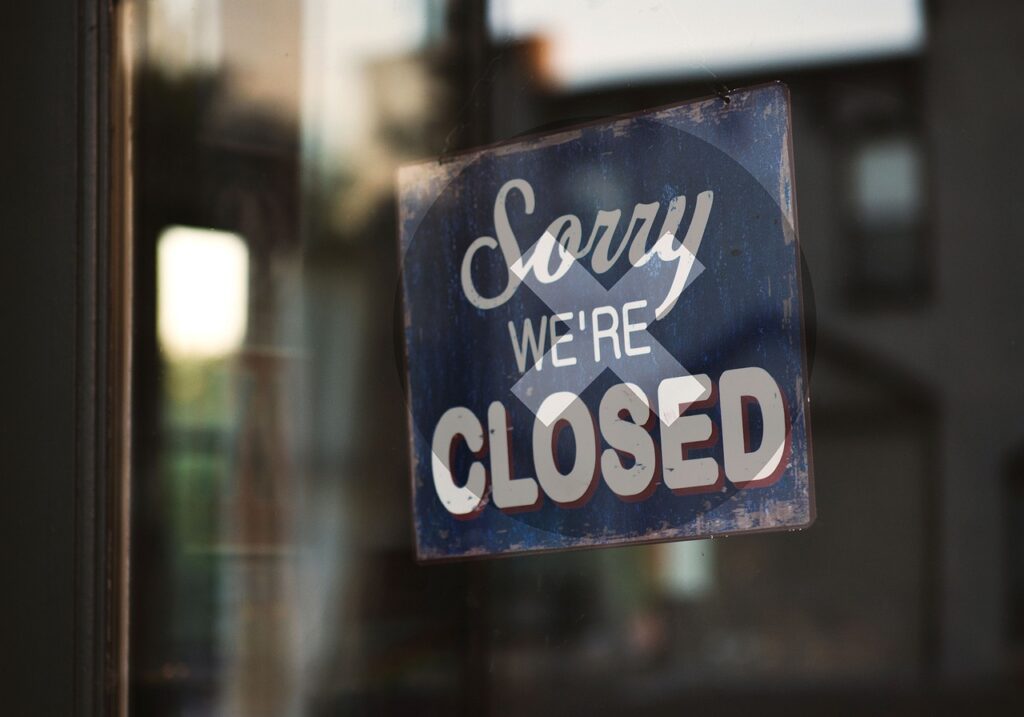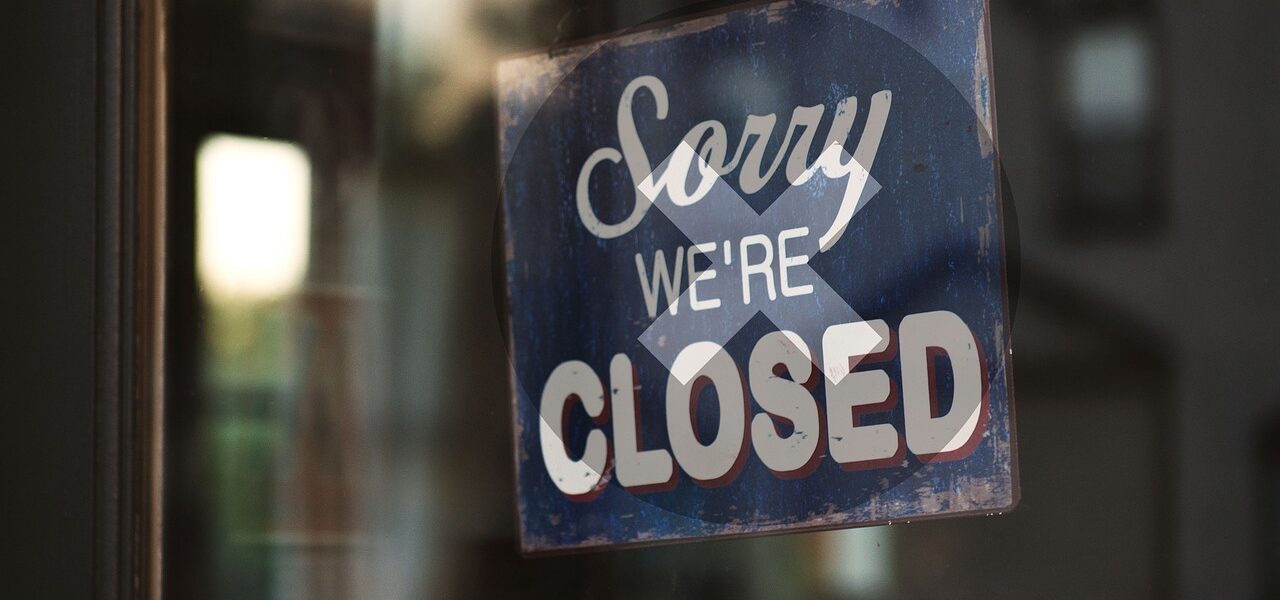
Physical album and CD sales from retailers hit rock bottom two years ago, only coming up for air since the recent trend of vinyl consumption. This vinyl movement won’t save the industry, however. Most LPs are purchased by people over the age of 36, and is more of a collector’s trend, while streaming is still king for younger generations. This led to a decline of payment to artists, and the idea to sell CDs to major retail chains. In addition, people are starting to gravitate towards compilations in streaming music; ex., playlists and radio stations. Audiences want more of an ad and announcement free experience with lots of variety.
While newer and indie artists will have a much harder time with this, legends like Journey, The Eagles, and AC/DC signed agreements to start selling their music in Target and Walmart stores back in 2008. This accounted for their revival to the top of the charts.
Physical distribution began its windfall before the Covid era, back in April of 2009 when the music distribution company Direct Shot added Warner Records to it’s roster of major labels (Universal Music Group and Sony Entertainment). Direct Shot Distributing was in charge of moving the bulk of American sold CDs and records across the country. It proved to be too much to take on at the time, and shipping became a major issue.
Steve Harkins, VP of sales and marketing at Ingram Entertainment in Nashville, noticed shipments consisting of cough syrup one morning—along with a miniscule number of actual records on the big hauler. Packaging was damaged, and CDs were missing in large numers. This would start happening often, as Direct Shot Distribution just couldn’t keep up with the demand of all three of the biggest music companies in the nation.
Two years later, we’re all still in a state of flux and trying to adapt to the new age of music distribution. Mistakes will be made, ideas will be tested; it’s the new wild west of music marketing. So how are indie artists and newer musicians supposed to pay the rent?

Many record labels are linked to retail stores, and that’s your ticket in.
If you’re on a label, whether it be big or small, you might have connections through that label. This is only one of the many reasons you should always research any label you’re thinking of signing with. Being linked to retail is a major part of bringing in music income. Find out which retail stores they’re connected to—major chains like Target and Best Buy have stricter requirements, but better retail opportunities. Iron Maiden’s label took advantage of Walmart, and Senjutsu was very successful. This is an important analysis, because Iron Maiden’s music isn’t designed for major air play. Most of their songs are well over three minutes long—some clocking in at eight. Since they don’t really fit a radio broadcasting formula, they decided to take advantage of of the retail giants.
Focus on building your audience base.
If you’re an upcoming or alternative genre artist, consider spending most of your efforts on building a rapport with the people who love your music. There is so much music available to us online, and people don’t generally put money into someone they don’t have an emotional connection to. That’s what music is—emotion. Your music is just an extension of you, so concentrate on you. Genuine, honest art creation is not going out of style. You don’t have to go generic or follow social norms to acquire the love of an audience. You’ll find your tribe if you simply have faith in yourself, and compose music that you love. It takes time. All relationships take time, so think of your audience as one of the most important relationships in your life. Concentrate on live events/shows, hook up with festival coordinators, collaborate and network with other music artists And always set up an eye catching merch table.
DIY Distribution:
Physical distribution of music relies heavily on radio promotion, so getting your music on the radio is a good way to start. When you manage to get one of your songs on a radio playlist, you’ll have a better chance of promoting your album to local consignment retailers. The legwork for this sort of thing is very time consuming, which is why most musicians partner up with a physical sales distributor like The Orchard.
Set up a Patreon or online store
Give people an easy way to find your music, pay for your music, and contact you. While Bandcamp and Reverbnation are great resources, it’s vital to have a very specific place where money is your main focus. People generally do want to support the artists they love. Make it easy for them and show them exactly how and where to give you money.
Sync your songs
Sync licensing companies like Audiosocket and Music Gateway can get your songs in front of the eyes of advertisers, film producers and gaming companies. If your songs start getting incorporated into games and commercials, people are going to spend a longer amount of time listening. It’s a really good way to build an audience.
Conclusion
If you want your music to spread, you must decide where to put most of your effort. Digital streaming and distribution is very accessible, but consider that artists only get an average of $0.01 per stream. Playlists are very hard to get onto and stay on for long periods of time. We’re living in an era of adaptation and change. While the old ways of selling music are over, new opportunities are everywhere. Bottom line: Do you want to spend most of your time fighting for playlist positions on Spotify, or making real money from festival shows, gaming companies and monthly support from fans on Patreon? Think about it.
References:
Leight, Elias (2020).‘The Whole System Collapsed’: Inside the Music Industry’s Ongoing Distribution Crisis. Rolling Stone Magazine. https://www.rollingstone.com/music/music-features/cd-vinyl-distribution-crisis-950327/
contributor to Bik, Henryk (2019). (Keeping Tempo with Music Biz) An Update On The Direct Shot Distribution Crisis. MusicBiz.org, MBA. https://musicbiz.org/news/keeping-tempo-with-music-biz-an-update-on-the-direct-shot-distribution-crisis-ahead-of-the-holiday-season/
Millman, Ethan (2021). Iron Maiden Just Charted Its Best-Ever Album Debut in 45 Years, Thanks to… CDs. Rolling Stone Magazine. https://www.rollingstone.com/pro/news/iron-maiden-senjutsu-chart-debut-1227889/




